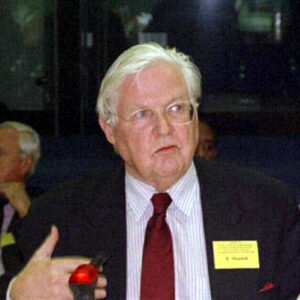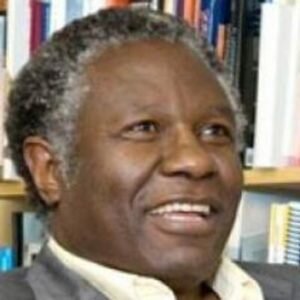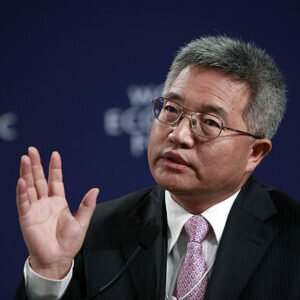Michael Hudson
American Economist

Image license: CC BY-SA 4.0
Year of Birth
1939
Nationality
US
Field of Knowledge
Economics
Michael Hudson (born March 14, 1939) is an American economist, Professor of Economics at the University of Missouri–Kansas City and a researcher at the Levy Economics Institute at Bard College, former Wall Street analyst, political consultant, commentator and journalist. He is a contributor to The Hudson Report, a weekly economic and financial news podcast produced by Left Out. Paul Craig Roberts argues that he is the best contemporary economist.Hudson graduated from the University of Chicago (B.A., 1959) and New York University (MA, 1965, PhD, 1968) and worked as a balance of payment economist in Chase Manhattan Bank (1964–1968). He was assistant professor of economics at the New School for Social Research (1969–1972) and worked for various governmental and non-governmental organizations as an economic consultant (1980s–1990s). Hudson has extensively studied economic theories of many schools, including Physiocracy, classical political economy (Adam Smith, David Ricardo and Karl Marx, among others), neoclassical, Keynesian, post-Keynesian, Modern Monetary Theory and many others. He identifies himself as a Marxist economist, although his interpretation of Marx is almost unique to him and differs from other major Marxists.
Hudson devoted his entire scientific career to the study of debt, both domestic (loans, mortgages and interest payments) and external. In his works, he consistently advocates the idea that loans and exponentially growing debts that outstrip profits from the economy of the real sphere are disastrous for both the government and the people of the borrowing state as they wash money (going to payments to usurers and rentiers) from turnover, not leaving them to buy goods and services and thus lead to debt deflation of the economy. Hudson notes that the existing economic theory (the Chicago School in particular) is in the service of rentiers and financiers and has developed a special language designed to create the impression that the current status quo has no alternative. In a false theory, the parasitic encumbrances of a real economy, instead of being deducted in accounting, add up as an addition to GDP (gross domestic product) and are presented as productive. Hudson sees consumer protection, state support of infrastructure projects and taxation of parasitic rentier sectors of the economy instead of taxing workers as a continuation of the line of classical economists today.
| Ranking History | 2018 | 2016 | 2015 | 2014 | 2013 | 2012 |
|---|---|---|---|---|---|---|
| Global Ranking | — | — | — | 214 | — | — |




